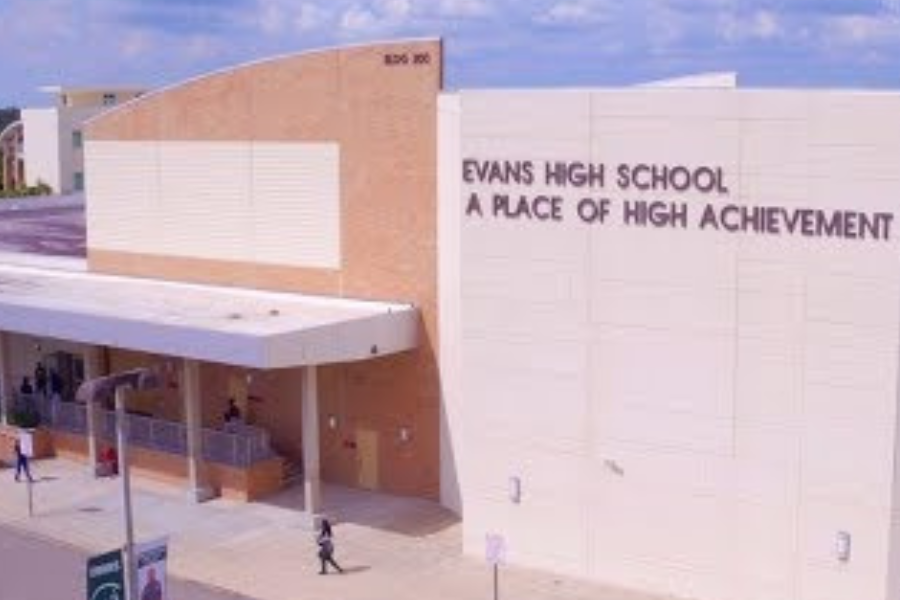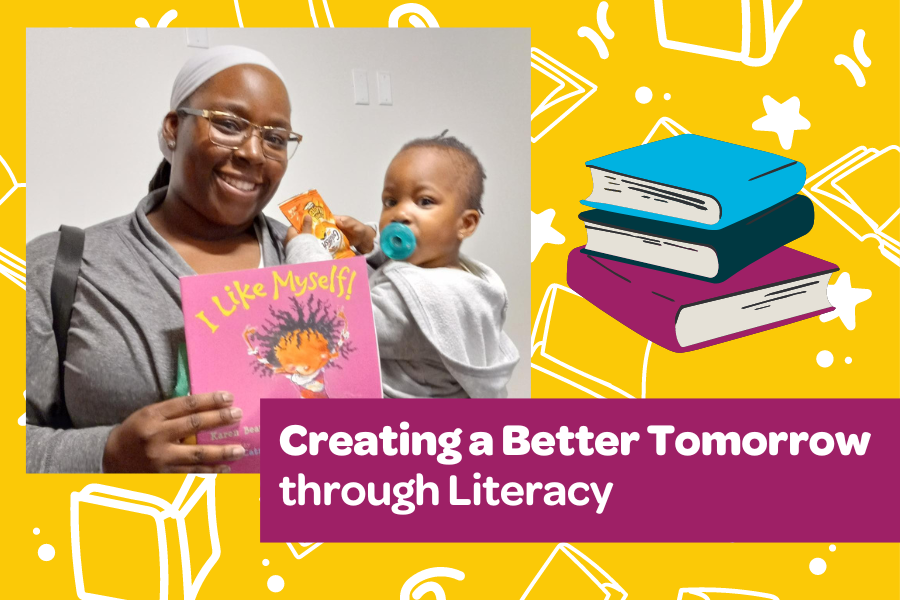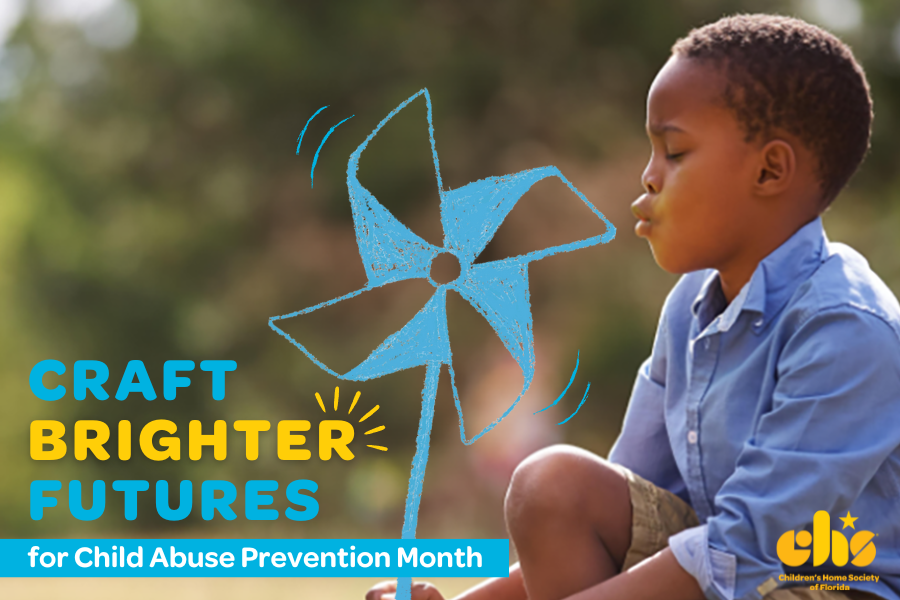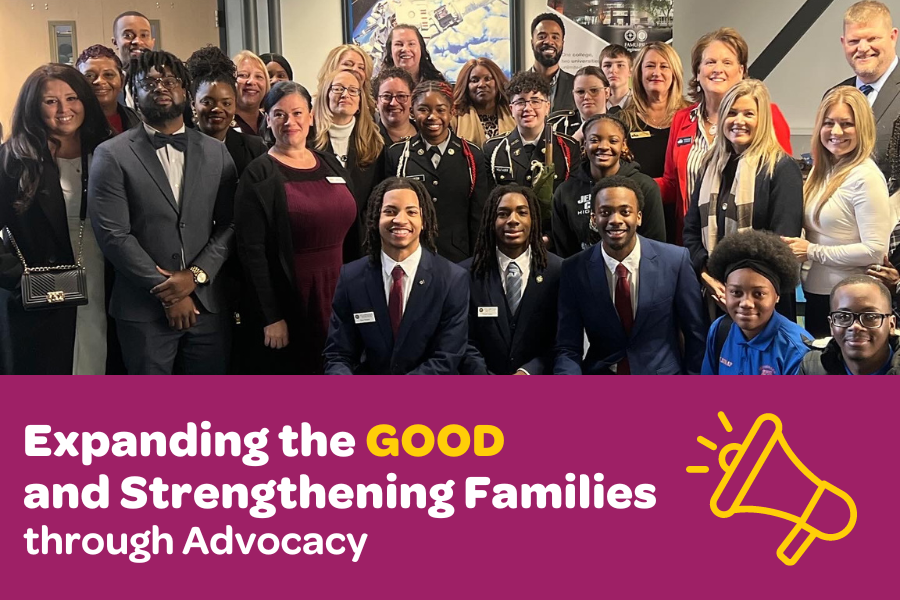A seemingly small obstacle can have a big effect on a student’s education. “If you come to school hungry, you can’t focus if your stomach is churning,” said Lauren Fuentes, the regional executive director for Children’s Home Society of Florida. “You can’t focus if you’ve got a toothache, if you’ve got a headache,” she continued. “We’ve even had examples in other schools where a kid just had the wrong-size shoes and they were uncomfortable and miserable all day long.”
That’s why her agency is joining three others in Palm Beach County — the school district, the Health Care District and Florida Atlantic University — in signing a 25-year commitment to two local schools. The groups will bring health-care services, community programs and new learning opportunities to John F. Kennedy Middle and Lake Worth High, schools where the majority of students come from low-income households.
And they’ll do it by using the “Community Partnership Schools” model. The model, which started at an Orlando high school in 2010, has expanded to more than 30 schools statewide, a list that now includes Palm Beach County for the first time.
It requires a long-term partnership between a school district, nonprofit agency, health-care provider and college or university. Those partnerships, along with funding from the state Legislature, are overseen by the University of Central Florida. UCF co-founded the model with help from Orange County Public Schools and Children’s Home Society of Florida.
“If you’ve seen one Community Partnership School, you’ve only seen one, because they are so different,” Fuentes said.
What is a Community Partnership School?
All community schools have the same overarching goals: to address students’ health needs, to offer more learning opportunities and to get families and community members more involved on campus. But the programs and resources vary at each school, based on their needs.
They often include free food and clothing that students can take home, along with basic medical, dental, vision and counseling services for students who have their parents’ permission. On-campus health care saves families time and money, Fuentes said, noting that students pay attention more and miss school less when they’re healthy.
Locally, the Health Care District is planning to send its mobile clinics to the two schools on a regular basis, she said. “Not all families have the access or the ability to drive to a medical facility and pay for it,” Fuentes continued. “Even if they’re not paying for it, they have to lose a day’s wages sometimes to get their child to these appointments.”
Community schools also include more learning opportunities, such as tutoring and after-school programs, and they extend help to students’ families. That could mean parenting classes, financial planning courses, resume workshops, English lessons or help for first-time home buyers.
“It’s about getting them in the school so they can be part of the school community, not just sending their kid there and not knowing what’s going on,” Fuentes said.
UCF’s Center for Community Schools has awarded both schools $80,000 grants to get their programs started. The next step, Fuentes said, is to gather community input, a process that will likely start in early January. She expects the first year to focus on research and planning, followed by the rollout of a unique program at each school in year two.
“We don’t come in and tell the community and school what they need,” Fuentes said. “They tell us what they need.”
‘The results speak for themselves’
In May, Superintendent Mike Burke and school board member Alexandria Ayala, along with other leaders from the school district and county, visited the original community school in Orlando. “It certainly inspired us to try and further this program in Palm Beach County,” Burke said.
Evans High School has a wellness center with its own primary health care provider, nurse, counselor and dentist. The center has its own parking lot and private entrance on the school campus. The campus also has a central area called “The HUB.” It opens early, closes late and offers students “a variety of activities to enhance their education, character and well-being,” according to the school’s website.










